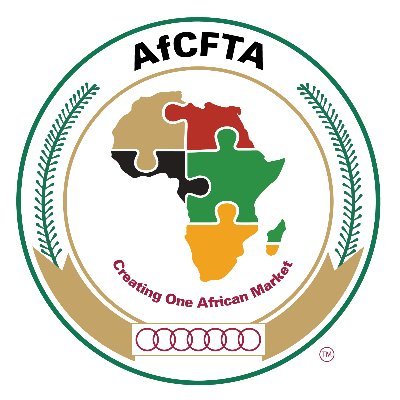The Government of Zimbabwe has unveiled a new strategy to boost the growth and transformation of Micro, Small and Medium Enterprises (MSMEs) in 2026, with clear plans to provide training, financing, infrastructure and support for formalisation. Officials say the programme is meant to create jobs, reduce poverty, empower citizens and move the country closer to its Vision 2030 target of becoming an upper-middle-income economy.
MSMEs already play a huge role in Zimbabwe’s economy. According to official figures, they contribute over 60 percent of Gross Domestic Product (GDP) and provide livelihoods for more than 70 percent of the workforce, especially women and youths. Data released by the Zimbabwe National Statistics Agency (ZimStat) also shows that about 76 percent of businesses in the country are informal, with most of them engaged in wholesale and retail trade.
The 2026 Budget Strategy Paper, released by the Ministry of Finance, Economic Development and Investment Promotion, set out government’s detailed plans. At least 60,000 small businesses are expected to benefit from business development training across all provinces. In addition, 30,000 members of co-operatives will also receive training on entrepreneurship, governance and value chain management.
Government says the biggest challenge facing MSMEs has been lack of affordable financing, especially for those in production sectors that need investment in machinery, technology and working capital. To address this, it will boost funding support to the Small and Medium Enterprises Development Corporation (SMEDCO) and also create room for private sector financing. Officials believe this approach will help small firms modernise, expand and contribute more to industrialisation.
Beyond money, government is also focusing on skills. Training programmes will cover vital areas such as costing, record keeping, marketing, product development, branding, stock management and quality control. Authorities say this is to prepare entrepreneurs to build sustainable businesses capable of surviving economic shocks and competing in both local and export markets.
The plan also includes advisory support for at least 5,000 start-ups. The training will cover taxation, procurement rules, financial literacy, insurance and how to register businesses legally.
Director of the Bulawayo Vendors and Traders Association, Mr. Michael Ndiweni, welcomed the move, describing MSMEs as the backbone of the economy. He reminded government that small businesses contribute nearly three-quarters of GDP and therefore deserve serious support. According to him, with better training, finance and policy assistance, small enterprises can grow into large companies that compete regionally and globally.
“These programmes are very important because the Minister of Finance made it clear that 76 percent of our GDP comes from MSMEs,” Mr. Ndiweni said. He added that empowering small firms will help them take advantage of the African Continental Free Trade Area (AfCFTA) and open markets across the continent.
On infrastructure, government plans to scale up construction of proper workspaces for vendors, traders and small manufacturers. The model will follow the Mbare Musika Market Redevelopment, with projects such as the Glen View Area 8 Furniture Market and new MSME hubs in all 10 provinces. The facilities will include factory shells, industrial hubs, vendor marts and roadside stalls, built through public-private partnerships such as Build-Operate-Transfer (BOT) and Build-Own-Operate-Transfer (BOOT).
Formalisation is also a key target. A recent MSME survey showed that out of 3.4 million enterprises, only 14.3 percent are officially registered. In 2026, government plans to support the registration of at least 5,000 more businesses by simplifying procedures, reducing costs and offering public education campaigns.
Alongside MSME reforms, authorities also want to strengthen co-operatives, which they describe as an inclusive and sustainable economic model. At least 30,000 co-operators will be trained on financial literacy, co-operative principles, value chain management and collective marketing. Officials say both pre-registration and post-registration support will be provided to ensure these groups operate sustainably.
By making MSMEs and co-operatives stronger, government says it is putting small businesses at the centre of job creation, industrialisation and broad-based empowerment. The ultimate goal is to position Zimbabwe as a stronger economic player, with small firms not only feeding the domestic economy but also competing beyond its borders.
